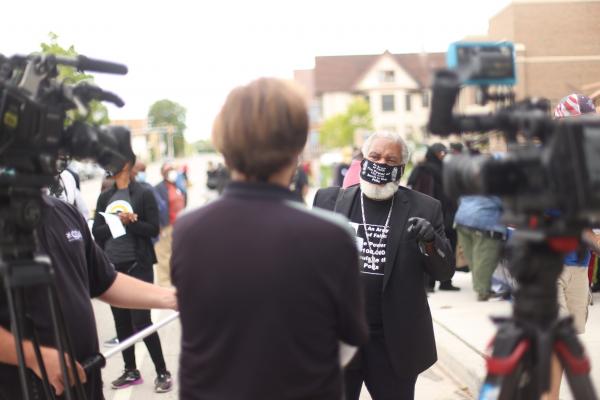Oct 27, 2020
Souls to the Polls has a big vision: energizing 100,000 Milwaukee residents to vote. To get there, the nonpartisan organization educates, registers, and transports voters to polling sites in Wisconsin, a battleground state with rising COVID-19 case numbers.
Read the Full Article

Already a subscriber? Login
